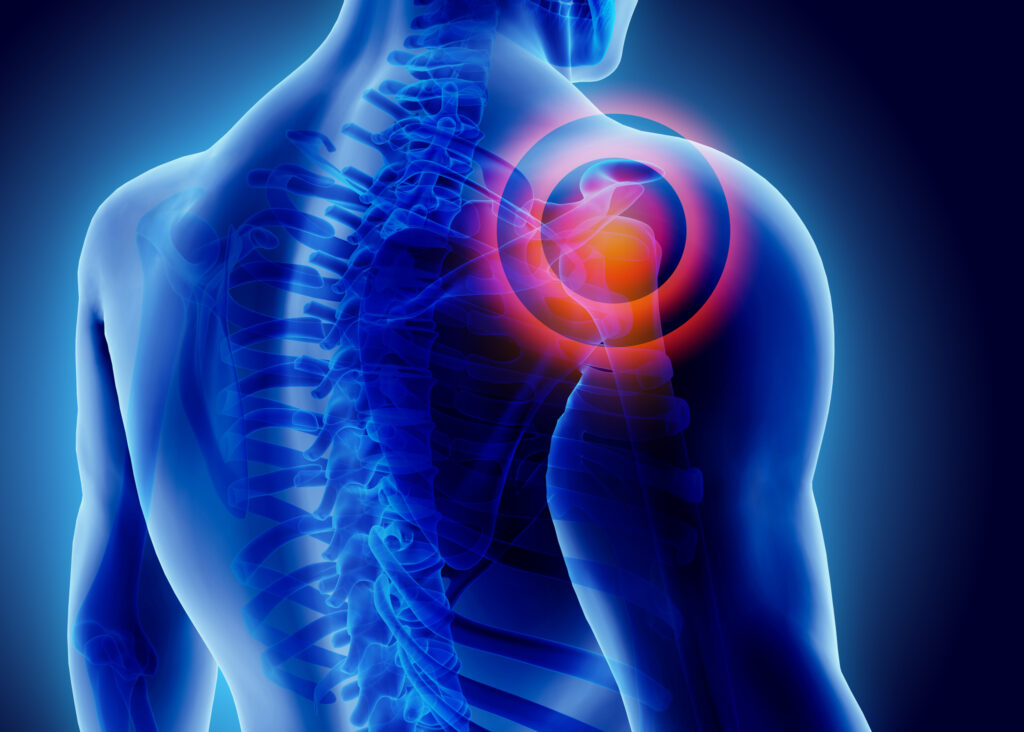Truckers face heightened risk of musculoskeletal disorders
Truck drivers are two to three times more likely than the average worker to have at least one musculoskeletal disorder (MSD) in a working year.
This was found in a study conducted by Firdaous Sekkay, a doctoral student in industrial engineering at Polytechnique Montréal, in which 123 truckers aged 27 to 71 and from six provinces participated. Sixty-three participants were longhaul drivers, and 60 shorthaul.
In the end, 43% of respondents indicated that they had suffered from at least one MSD in the past year. However, this frequency is only 16% among all male workers in Quebec.
The most frequent areas of concern were:
• 29% to the upper limbs;
• 22% on the back;
• 20% on the shoulders;
• 17% in the lower limbs;
• 15% at the neck.
Causes of MSDs
A number of factors can lead to MSD for a truck driver. Individual factors include age, gender, basic illnesses, physical condition and lifestyle, as well as extra-professional activities such as tarping.
But there are also professional components. Samuel Laverdière, CIRC, advisor for Via Prévention, lists five.
First, there are the tiring, restrictive or uncomfortable postures, which strain the joints. Think about tasks that require the trucker to work leaning, crouching, kneeling, reaching at arm’s length or twisting, for example when checking the fifth wheel under the trailer.
Second, there is the effort. “The effort is not always related to heavy objects,” warns Laverdière. “You have to take into account the intensity of the force required, but also the joint involved, the direction of the effort, the available grip of the posture used and the characteristics of the person.”
The effort can also be too great, too long, sudden, asymmetric and cumulative. MSDs can also be caused by static muscle work while sitting or standing.
They can also be caused by the repetitiveness of a task.
“Repetitions are considered to be a risk for MSDs when the worker does not have enough time to rest the strained body parts. Extremely repetitive tasks can also cause muscle fatigue, even if the force exerted is low and the work posture is adequate,” says Laverdière.
Finally, there are the physical aggressors, such as vibrations, mechanical pressures and temperature.
MSDs can be present in all types of transport. Long distance transport is more static, short distance often involves getting up and down more frequently, and additional product handling. Bulk can involve more vibration and restrictive postures.
By their very nature, many tasks specific to truck drivers can cause MSDs. Think, for example, of the pre-trip, load securement, handbombing loads, snow removal from the roof and even driving the truck itself. Truckers may also have to jump and are prone to slips and falls.
Lack of sleep is also a risk factor for MSDs according to the Polytechnique study, for both long- and short-distance drivers.

How to avoid MSDs
Some recommendations to prevent MSDs have been proposed, such as reviewing the design of certain equipment in trucks and the layout of the physical work environment at customer sites, notes Sekkay.
“We must certainly monitor exposure to psychosocial risk factors and those related to poor ergonomics, but there is no miracle solution: truckers must also do their homework in terms of prevention, such as not neglecting to take the breaks necessary for musculoskeletal recovery just to complete a delivery more quickly.”
Laverdière recommends using the basic principles of health and safety management. That is, eliminate the problem at the source, reduce exposure to risk and, if that is not possible, manage the risk.
“If possible, organize the work so that the risk is not present. For example, use a forklift or electric pallet truck instead of using physical strength.”
Consider distributing the workload to reduce the intensity, lighten the loads and their weight, reduce the bulk, adjust the pace of work, reduce the repetition of movements, alternate tasks, etc.
If you are unable to eliminate or reduce exposure to the risk, manage it by identifying work situations that carry MSD risks, making corrections, supervising, taking corrective actions, and providing continuing education.
Have your say
This is a moderated forum. Comments will no longer be published unless they are accompanied by a first and last name and a verifiable email address. (Today's Trucking will not publish or share the email address.) Profane language and content deemed to be libelous, racist, or threatening in nature will not be published under any circumstances.